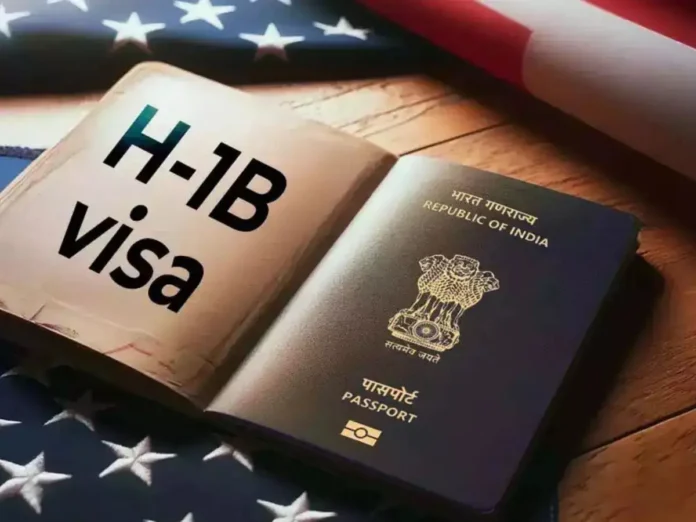The United States Citizenship and Immigration Services (USCIS) has started issuing unusual Requests for Evidence (RFEs) in employment-based visa cases, particularly for H-1B and I-140 petitions. These RFEs are asking applicants for their home addresses and biometric data. Immigration experts have expressed concern, describing this move as troubling and raising questions about transparency, due process, and the potential invasion of privacy.
Unlike traditional RFEs that focus on eligibility criteria such as educational background or employer information, these new requests cite vague “potentially adverse information” without further details. Legal professionals have highlighted that biometric data is generally requested for asylum or green card applications, not for temporary work visas like the H-1B.
Attorneys have advised those affected by these requests to avoid responding hastily. Instead, they recommend asking USCIS for a full explanation of the negative information being referenced, citing regulation 8 CFR 103.2(b)(16)(i), which grants applicants the right to address any such claims.
This change could have far-reaching consequences for H-1B visa holders, I-140 applicants, employers, and international graduates, particularly in fields like STEM and AI. Reports indicate that more than 1,500 students and graduates from over 240 U.S. schools are already encountering legal complications. Experts strongly recommend that anyone receiving these RFEs consult with a qualified immigration attorney for guidance.

